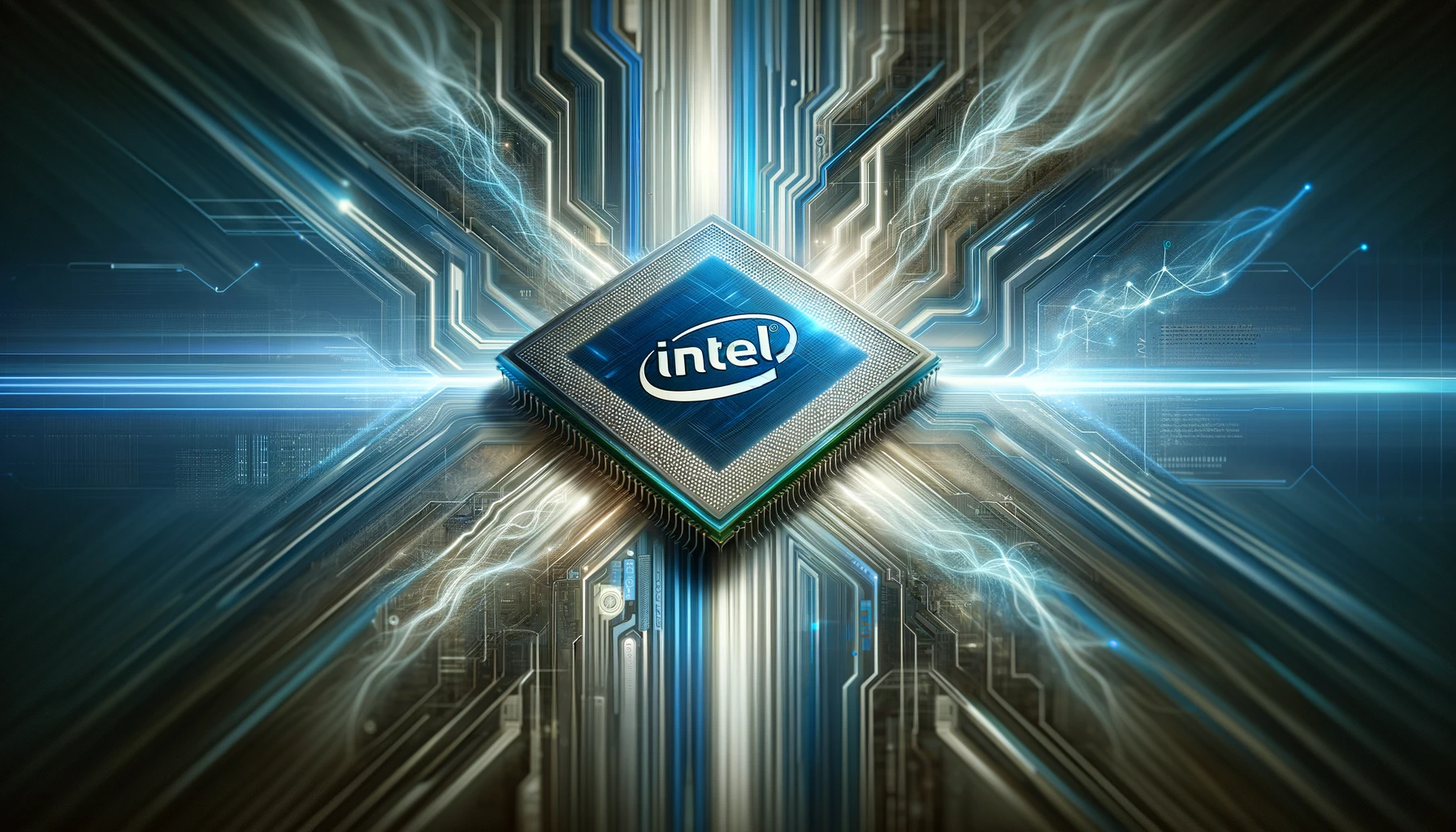Intel recently introduced their new Gaudi3 AI chip, targeting generative AI applications. This chip, set to launch next year, aims to rival Nvidia’s and AMD’s offerings, which currently dominate the AI model market. OpenAI’s ChatGPT, for instance, operates on Nvidia GPUs. Intel’s move signifies an effort to challenge Nvidia’s market leadership, as reflected in the stock market performance of these companies.
Alongside Gaudi3, Intel also announced the Core Ultra chips for Windows laptops and PCs and the fifth-generation Xeon server chips. Both feature a specialized AI component, the NPU, for enhanced AI program execution. The Core Ultra, built on a 7-nanometer process, focuses on efficiency and can handle AI-driven tasks like Zoom’s background-blurring feature, though it’s not suited for heavy-duty tasks like running ChatGPT independently.
Additionally, these chips support more robust gaming capabilities and improved performance for software like Adobe Premier. The Xeon processors, typically paired with Nvidia GPUs, are crucial for servers used in large organizations, particularly for AI deployment.
Intel’s strategy under CEO Pat Gelsinger is to catch up with Taiwan Semiconductor Manufacturing Co. in chip manufacturing by 2026. This latest suite of products, including the Gaudi3, Core Ultra, and Xeon processors, illustrates Intel’s commitment to reorienting its product line towards AI applications and meeting the surging demand in this sector.







Leave a Reply